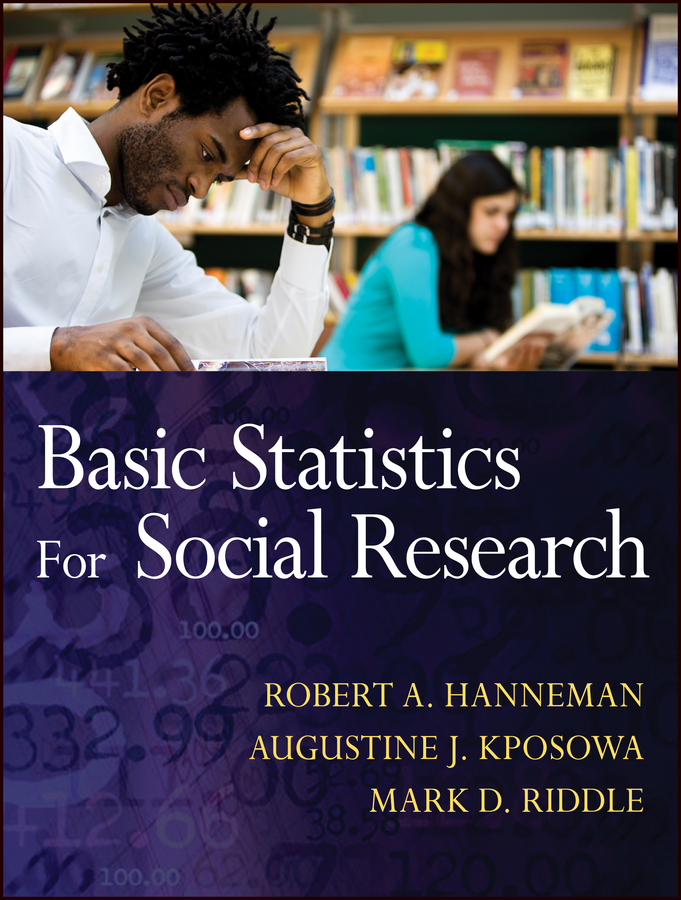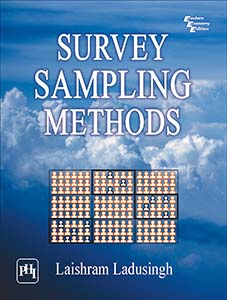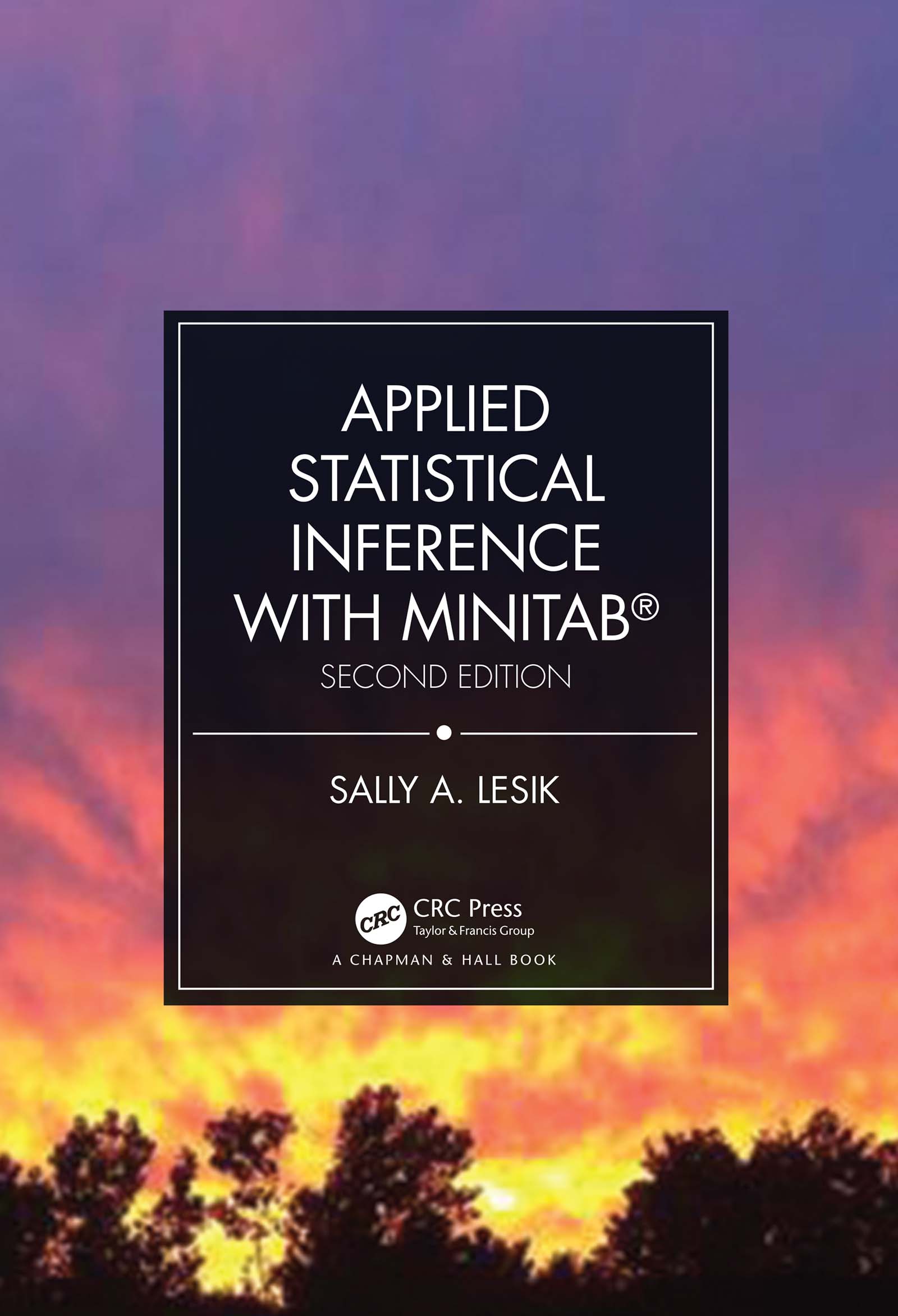CLCC8
LanguageENG
PublishYear2013
publishCompany
Wiley
EISBN
9781118220559
PISBN
9780470587980
- Product Details
- Contents
Basic Statistics for Social Research teaches core general statistical concepts and methods that all social science majors must master to understand (and do) social research. It covers logical and procedural aspects of the application of statistical methods for data-description ; and hypothesis-testing ; distributions, tabulations, central tendency, variability, independence, correlation and regression. The book has been designed for students in the social sciences by its choice of topics, examples, and exercises. The book's emphasis is applied. The use of math and theory are deliberately limited, and the authors focus on how the concepts and tools of statistics are used in the analysis of social science data, rather than on the mathematical and computational aspects. The book also emphasizes the use of computer software to calculate statistics. Each chapter is organized around a general idea or ideas that are explained at the beginning, and then applied in increasing detail in the body of the text. The authors' intent is to convey and develop a conceptual understanding of a core idea (for example, dispersion) and to use the detailed elaboration of procedures and applications to real problems to more deeply ingrain the core concept. The book emphasizes the logic of inquiry over the mechanics of calculation.The logical steps in describing a distribution, testing a hypothesis, or making a prediction are used to organize the discussions of the technical details of applying the processes to different data types. Research questions and applications are taken from a wide variety of sub-fields in sociology. The textbook relies on minimal math, and approach that works well with students of extremely diverse academic and social backgrounds. Table of Contents: 1. Statistics and the research process 1.1. Introduction: Why are you taking this course? 1.2. What are statistics (examples, quiz) 1.3. Statistics and social science (examples, quiz) 1.4. What you will learn (quiz) 1.5. Review of background ideas (examples, quiz) 1.6. Summary Homework assignments 2.Frequency distribution 2.1. Introduction: summarizing variation with charts and graphs 2.2. Frequency distributions for nominal variables (examples, quiz) 2.3. Frequency distributions for ordinal variables (examples, quiz) 2.4. Frequency distributions for interval/ratio variables (examples, quiz) 2.5. Summary Homework assignments 3. Measures of central tendency 3.1. Introduction; the concept of central tendency 3.2. Nominal variables (examples, quiz) 3.3. Ordinal variables (examples, quiz) 3.4. Interval/ratio variables (examples, quiz) 3.5. Summary Homework assignments 4. Measures of Dispersion 4.1. Introduction; the concept of dispersion 4.2. Categorical variables (examples, quiz) 4.3. Interval/ratio variables (examples, quiz) 4.4. Summary Homework assignments 5. Distributional shape 5.1. Introduction; the concept of distributional shape 5.2. Unimodality (examples, quiz) 5.3. Skewness (examples, quiz) 5.4. Kurtosis (examples, quiz) 5.5. Some common distributional shapes (examples, quiz) 5.6. Summary Homework assignments 6. The normal distribution 6.1. Introduction; The special importance of the normal distribution in statistical analysis 6.2. Properties of the normal distribution (examples, quiz) 6.3. The standard or normal distribution (examples, quiz) 6.4. Areas under the normal curve (examples, quiz) 6.5. Summary Homework assignments 7. Basic ideas of statistical inference 7.1. Introduction: What is inference? 7.2. Concepts: Sampling methods, sampling variability, sampling distribution, standard error (examples, quiz) 7.3. Application: Estimating population central tendency (examples, quiz) 7.4. Assessing confidence ; error levels and confidence intervals (examples, quiz) 7.5. Summary Homework assignments 8. Hypotheses testing for one sample 8.1. Introduction ; The role of hypothesis testing
Collected by
- University of Toronto Library
- Princeton University
- Yale University
- University of Cambridge
- University of Oxford
- Columbia University Library
- National Library of China
- UCB











